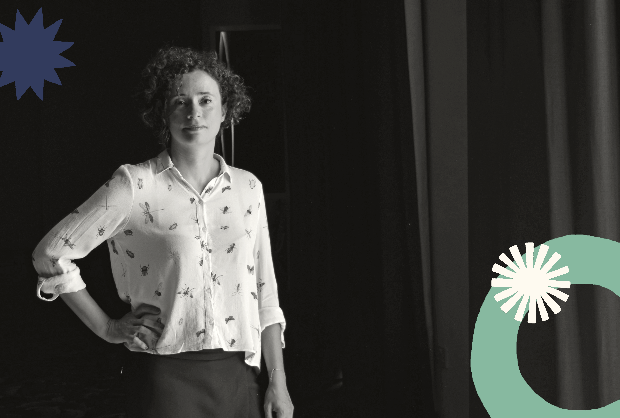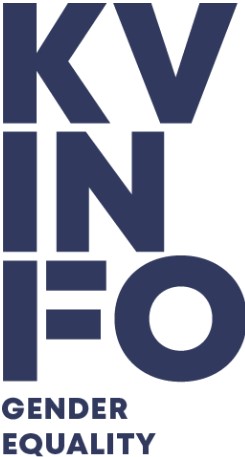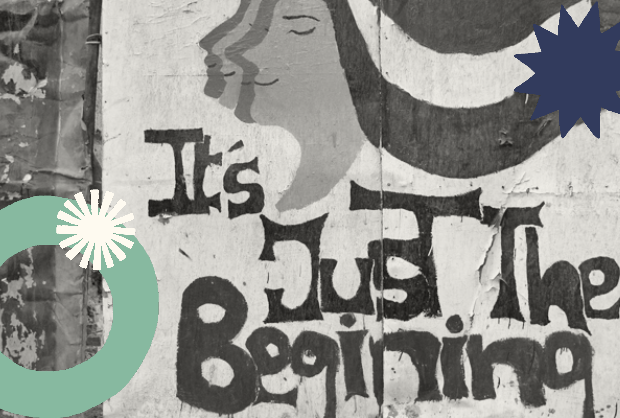Although prohibited by law, 10% of all marriages in Morocco are underage.
KVINFO’s partner Droits & Justice has collected data revealing the extent
of the problem and challenged the Moroccan government to act.
Despite the 2004 reform of the Family Code, thousands of girls, some of them as young as 13 years of age, are married every year in Morocco. Many Moroccans are poor and strongly influenced by tradition. Moreover, due to gaps in the legislation, legitimate child marriages are still possible.
“Loopholes in the Family Code allow judges to authorise marriages below the age of 18 years under certain circumstances,” explains Lene Steffen, International Director, KVINFO.
“Without data it is difficult to document the scale and severity of child marriage. In Morocco, no reliable national data on the number of child marriages existed until Droits & Justice went door to door to note the actual numbers of married children,” she explains.
Child marriage is the result of deep-rooted gender inequality
Child marriage refers to any formal marriage or informal union between a child under the age of 18 years and an adult or another child. While the prevalence of child marriage worldwide has decreased from one in four girls married a decade ago to one in five today, the practice remains widespread. The prevalence of child marriage among boys is one sixth of that among girls.
Child marriage is often the result of deep-rooted gender inequality. Unless we make significant progress on ending child marriage, we will fall short off UN Sustainable Development Goals on poverty, health, education, gender equality, economic growth, and peace and justice.
A Moroccan class of poor left behind
Droits & Justice interviewed 627 persons, including 12 males, who entered into marriage when they were under 18 years of age about the conditions of their marriages. Their responses convey a picture of a Moroccan class of poor left behind by the authorities. Patriarchal values and norms are often strong in these poor communities.
“The national study on child marriage is important because it gives an in-depth analysis of the phenomenon of child marriage in Morocco. It also provides figures, including a portion of the religious nonregistered child marriages that do not appear in the official statistics published by the Ministry of Justice and which represent 10.78% of all child marriages,” explains consultant Sofia Rais, who worked on the study as executive director of Droits & Justice.
Constituting a solid basis, the study works to strengthen its advocacy through the DOUNIA Collective, a network of NGOs created in 2020 by Droits & Justice to combat child marriage. The study also showed that child marriage is present in all urban and rural areas of Morocco.
“Poverty, little access to quality education, and lack of security, as well as prohibition against sex before marriage, are all drivers of child marriage. Often, parents wish to reduce the economic burden of having their daughters at home. Without understanding the consequences, some girls are eager to marry to achieve more freedom or status in these conservative communities,” says Lene Steffen.
At risk of sexual, physical, and psychological violence
Unfortunately, the negative consequences of underage marriages are manifold.
Child marriage accompanies the cycle of poverty across generations. In most cases, child marriage means an end to formal education for girls, as they take on domestic responsibilities and work in the informal sector.
Underage girls who marry are at risk of sexual, physical, and psychological violence; they are particularly at risk of violence from their partners and their partners’ families.
Child brides and their children often suffer a range of harmful health consequences due to early pregnancy. Babies born to girls under the age of 15 are more likely to have low birth weight, suffer from poor nutrition, experience stunting, and are at higher risk of dying before their fifth birthday.

Every child marriage is a human rights violation.
In spite of all the good reasons to prevent child marriages, Droits & Justice’s mission encountered obstacles in obtaining authorisation, while field study interviewers have encountered delays and blockages. And in some regions, confrontations occurred with the local authorities and the family members of some interviewees.
“This was due to the fact that child marriage is still considered a politicised and sensitive topic,” explains Rais.
“Droits & Justice managed to overcome the resistance and go through with the study. It was a major victory. Droits & Justice is now the organisation that the media and politicians turn to when they want information about child marriage,” adds Lene Steffen.
Facts on gender equality in Morocco
- The legal age of marriage is 18 years, but exceptions are allowed.
- Improved legislation on violence against women does not include marital rape and it does not criminalise domestic violence.
- There are no equal rights to guardianship of children and inheritance, and women are restricted from working at night and with specific types of work.
Source: arabstates.unwomen.org
At risk of sexual, physical, and psychological violence
Unfortunately, the negative consequences of underage marriages are manifold.
Child marriage accompanies the cycle of poverty across generations. In most cases, child marriage means an end to formal education for girls, as they take on domestic responsibilities and work in the informal sector.
Underage girls who marry are at risk of sexual, physical, and psychological violence; they are particularly at risk of violence from their partners and their partners’ families.
Child brides and their children often suffer a range of harmful health consequences due to early pregnancy. Babies born to girls under the age of 15 are more likely to have low birth weight, suffer from poor nutrition, experience stunting, and are at higher risk of dying before their fifth birthday.
Every child marriage is a human rights violation.
In spite of all the good reasons to prevent child marriages, Droits & Justice’s mission encountered obstacles in obtaining authorisation, while field study interviewers have encountered delays and blockages. And in some regions, confrontations occurred with the local authorities and the family members of some interviewees.
“This was due to the fact that child marriage is still considered a politicised and sensitive topic,” explains Rais.
“Droits & Justice managed to overcome the resistance and go through with the study. It was a major victory. Droits & Justice is now the organisation that the media and politicians turn to when they want information about child marriage,” adds Lene Steffen.
Appreciation of flexibility
The Danish Embassy in Morocco and the EU Delegation in Morocco supported the release of the study, and “KVINFO has been flexible like no other partner,” says Sofia Rais.
Facts on child marriage in Morocco
- At least 10 % of all marriages are underage in Morocco.
- Droits & Justice documented an increase in applications for underage marriage from 30,312 in 2006 to 32,104 in 2018.
- Judges approved 79 % of the requests in 2018.
- Unofficial and unregistered religious marriages, some of which are child marriages, make up an estimated 13 % of all marriages in Morocco.
Source: Droits & Justice: The National Study on Child Marriage in Morocco, 2020
“The budget was reallocated due to the urgency of the study before Droits & Justice was able to carry out any advocacy efforts. KVINFO was not only a financial partner but also a strategic one in the design, implementation, and dissemination of the study results with partners in the Middle East and North Africa, to the United Nations and to the media,” clarifies Sofia Rais.
Child marriage now on the policy agenda
“Droits & Justice has managed to put child marriage on the policy agenda in Morocco. They have made it difficult to refute that the problem exists,” emphasises Lene Steffen.
Droits & Justice, with the support of KVINFO also raises awareness among adolescents aged 13–18 years, parents, educators, judges, and religious leaders on the consequences of child marriage. Adolescents at risk of child marriage are made aware and act as change agents advocating against child marriage in their communities.
Promoting legislative amendments and proposing new laws, Droits & Justice has pushed for reform through meetings, public debate, and media campaigns with the participation of Moroccan pop stars.
Likely due to external pressure on Morocco to meet the UN Sustainable Development Goals, the government of Morocco has now launched its own study on child marriage.


